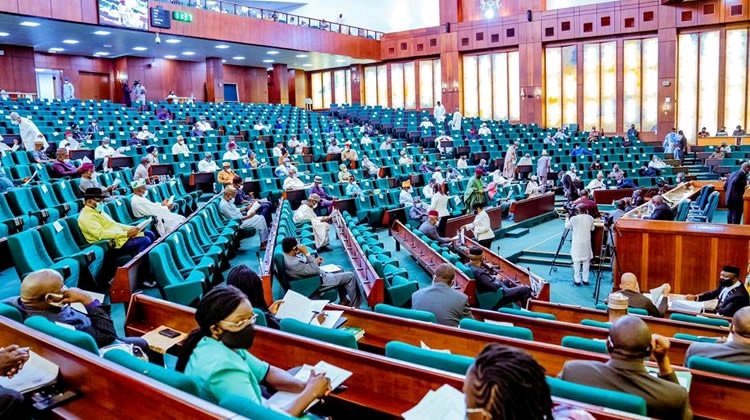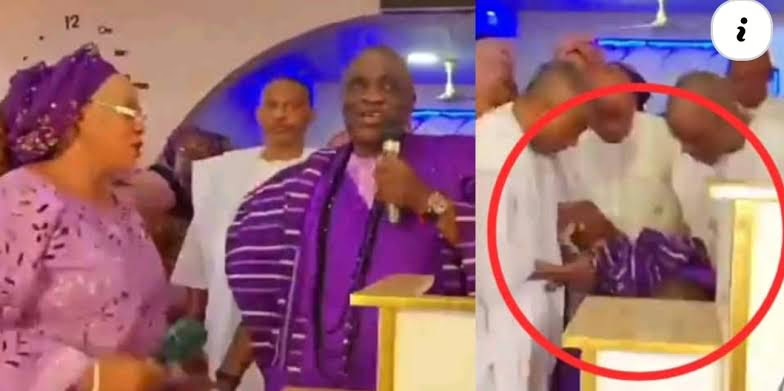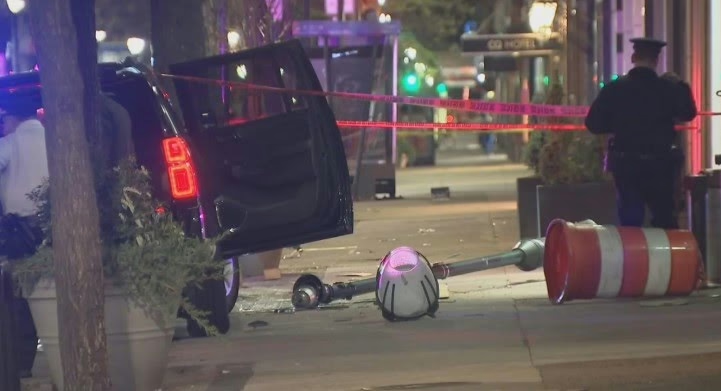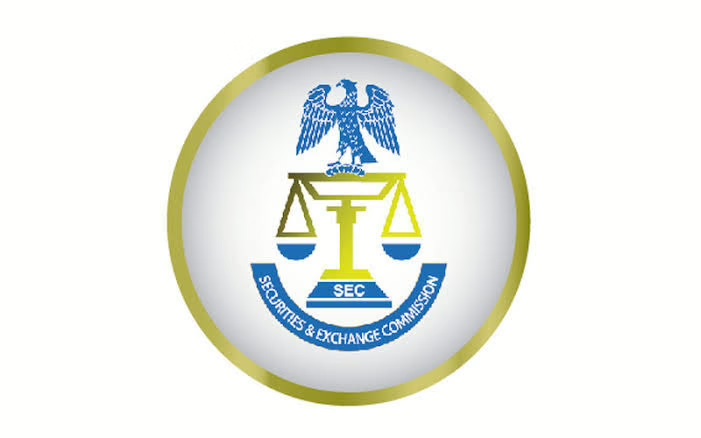The House of Representatives Committee on the Federal Capital Territory (FCT) has criticized the “park and pay” system implemented by the Federal Capital Territory Administration (FCTA).
During an interactive session with Chinedum Elechi, the mandate secretary for the transportation secretariat, in Abuja on Wednesday, Mukthar Betara, chairman of the committee, expressed concerns about the policy, highlighting reports of harassment faced by residents and motorists from those enforcing it.
The FCTA reintroduced the “park and pay” policy in August 2023 following agreements with two concessionaires, aiming to alleviate city congestion and enhance driving conditions. This policy had previously been suspended in April 2014 by a high court ruling that found it unlawful due to lack of legal backing.
Betara sought details on the reintroduction process, the policy’s authorization, and how fees are remitted to the Federal Capital Development Authority (FCDA). In response, Elechi confirmed that the policy is supported by a legal framework and that parking is confined to designated areas.
“The park and pay are by regulation. We have legal framework. It is part of the way of controlling traffic.
” So, under the part and pay, designated areas are meant to be parks. So, it is legal. It is revenue paid through concessionaires.
According to him, there is usually a ration between the concessionaires and the FCT. So, for areas where we have concessionaires, there is a percentage that goes to the concessionaires.
” It is 60 per cent, and 40 per cent goes to FCT. The infrastructure for the work is usually provided by the concessionaire. The revenue goes straight to the revenue account of the FCT, not transportation.”
The committee chairman queried the mandate secretary about the contract process, asking how the contract was established.
” In appointing your concessionaires, what procedure did you follow? How much has been remitted to the FCDA from January to date? Who gave you the approval?” Betara asked.
Hussaina Olayemi, the director of legal services, transport, explained that the Infrastructure Concession Regulatory Commission and the Abuja Investment Company, the FCT organisation responsible for public-private partnerships, were involved.
“After their involvement, the concession was submitted to the federal executive council, for approval. So, we have the FEC approval,” Olayemi stated.
The committee criticised the allocation of 60 per cent of revenue to concessionaires while the government receives only 40 per cent.
Betara demanded clarification on what infrastructure the concessionaires are providing.
Replying, Elechi stated that the concessionaire is responsible for marking roads.
However, Mr Betara countered, asserting that no roads in Abuja have been marked by the concessionaire.
“The way the concessionaires operate in Abuja, they harass people on the streets. I would have advised you people to have given the VIO this concessionaire.
”Let them take this up so that the whole revenue will go to FCT. Why are you personalising this for an individual?” Betara said.











Leave a Reply